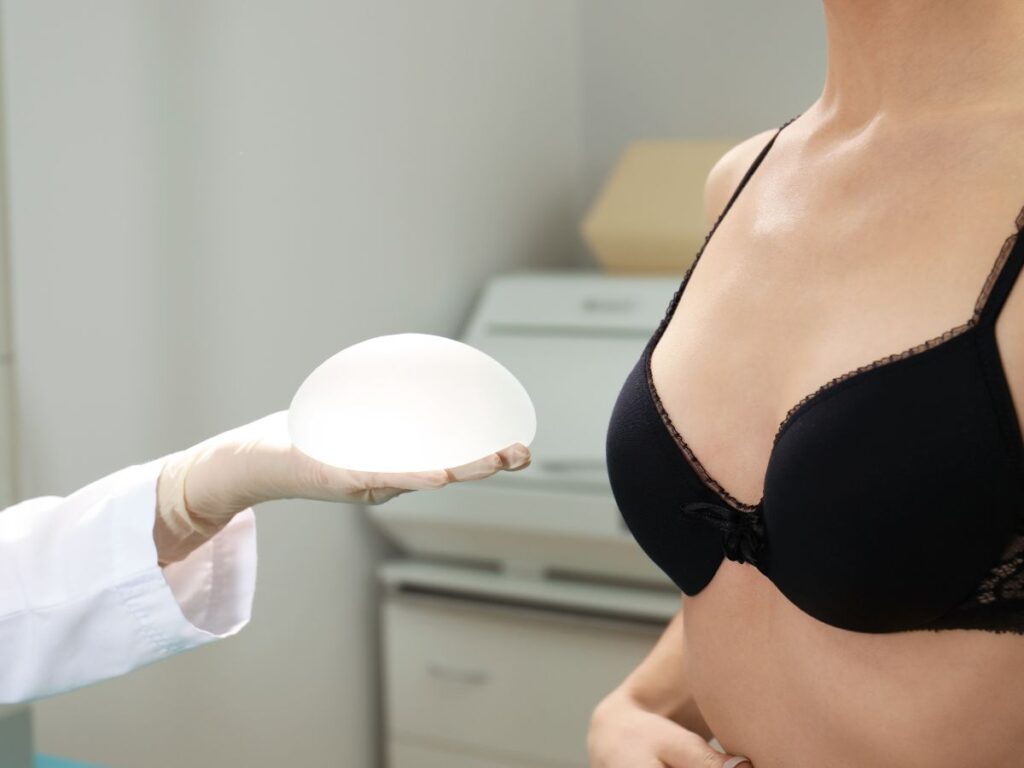Breast augmentation, primarily through implants, has been one of the most sought-after plastic surgeries for decades. However, as with many medical procedures, it’s not without controversy. One topic that has emerged in recent years is the idea of breast implant illness (BII). With tales of unexplained symptoms and health issues, many attribute their ailments to their implants, leading to growing concerns and countless internet discussions. But how common is breast implant illness, and what do we genuinely know about it? Let’s dive deep into the data and the science.
What Is Breast Implant Illness (BII)?
Breast implant illness is a term used by some to describe a wide range of symptoms related to their breast implants, whether saline or silicone. These symptoms can include:
- Fatigue
- Cognitive dysfunction (like memory loss or difficulty concentrating)
- Muscle pain
- Joint pain
- Hair loss
- Dry skin and eyes
- Sleep disturbance
- Anxiety and depression
What Causes Breast Implant Illness?
Breast implant illness is a condition that has been growing in awareness but remains controversial as doctors do not officially recognize it as a medical illness. This lack of recognition makes it difficult to determine what could cause it. No evidence suggests that certain medical conditions make someone more susceptible to BII.
However, several theories exist, such as the body’s inflammatory response to a foreign object or certain components of breast implants, like silicone. Additionally, there is speculation that surgical techniques and the approach to breast implant insertion may cause BII. Despite the uncertainty, BII’s impact on health is undeniable for those who suffer from it.
How Common Is Breast Implant Illness?
While there is no definitive answer about how common the illness is, some studies suggest it affects many women. However, the impact on health can vary widely from person to person, which makes it challenging to determine exactly how widespread the issue is. Despite this uncertainty, it’s essential to be informed about the potential risks before making any medical decisions, especially regarding one’s health.
Some individuals have made reports of symptoms associated with BII with breast implants. Still, the extent to which these symptoms are directly linked to breast implants is not fully understood. Studies attempting to establish the prevalence of BII have yielded varied results, and more research is needed to better understand the relationship between breast implants and reported symptoms. Additionally, the symptoms attributed to BII can overlap with those of other medical conditions, making it challenging to establish a clear cause-and-effect relationship.
What Are Some Treatment Options for Breast Implant Illness?
If you’re experiencing symptoms of breast implant illness, exploring potential treatments to alleviate your condition is essential. Seeking consultation with our medical team is vital for an accurate diagnosis and personalized guidance. The choice of treatment approaches can vary significantly, taking into account individual symptoms and overall health factors. These approaches may include dietary adjustments, supplements, detoxification regimens, and prescription medications.
Breast Implant Removal
The primary treatment method for BII is breast implant removal, a surgical procedure known as explantation. This procedure involves the complete removal of the breast implants along with any surrounding scar tissue. Explantation addresses BII-related symptoms, such as fatigue, joint pain, and cognitive issues. Additionally, it aims to reduce inflammation, ultimately enhancing overall health and well-being. Patients undergoing this procedure are placed under general anesthesia for their comfort and safety.
Post-surgery, it’s typical to have closed incisions sealed with stitches, surgical adhesives, or medical tape. A dressing is applied over the surgical area to promote healing and prevent infections. In some cases, drains may be inserted to remove excess bodily fluids. While it’s common to experience discomfort and swelling following surgery, prescribed medications can help manage these symptoms. Adhering to postoperative care instructions is essential for a smooth recovery, encompassing guidelines for physical activities, wound care, and the correct administration of medications.
As part of our commitment to your well-being, we provide follow-up appointments to monitor your progress and ensure proper healing. Depending on your unique circumstances, additional procedures, such as breast lifts or fat transfers, may be recommended to achieve full breast reconstruction while minimizing aesthetic impact. Your individualized treatment plan will be tailored to your specific needs and health goals.
How Can You Tell if You Have Breast Implant Illness?
Breast implant illness can be a challenging and sometimes confusing condition. Some of the most common symptoms include fatigue, muscle weakness, and joint pain. Complicating matters further, there is often no easy way to diagnose breast implant illness definitively. We offer consultations to help you determine whether your symptoms might be related to breast implant illness.
Based on our extensive experience and expertise in breast implant illness treatment, we can help you understand your options for addressing this condition and its impact on your health. Through a comprehensive approach that considers your unique needs and circumstances, we can work with you to develop a personalized treatment plan that can help you find relief and improve your quality of life.
Restore Your Health and Well-Being With Breast Implant Removal in Tampa, FL
Breast implant illness is a condition that can potentially have a profound impact on health. At Soler Cosmetic Plastic Surgery in Tampa, FL, we understand the importance of caring for one’s health and well-being. This is why we proudly offer breast implant removal services for those experiencing the adverse effects of breast implant illness. We are committed to providing effective breast implant illness treatment options to help improve our patients’ overall health and quality of life.
If you believe that breast implant illness may be affecting you, we encourage you to contact us at (813) 703-6216 or fill out our online form to schedule a consultation and explore your options for treatment.



